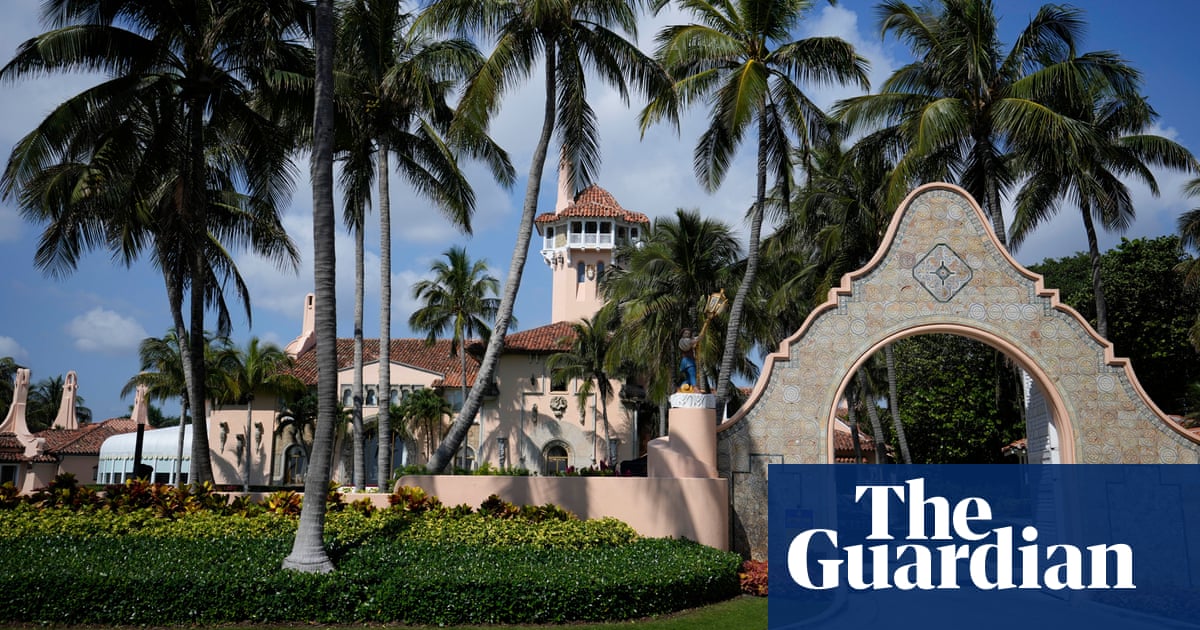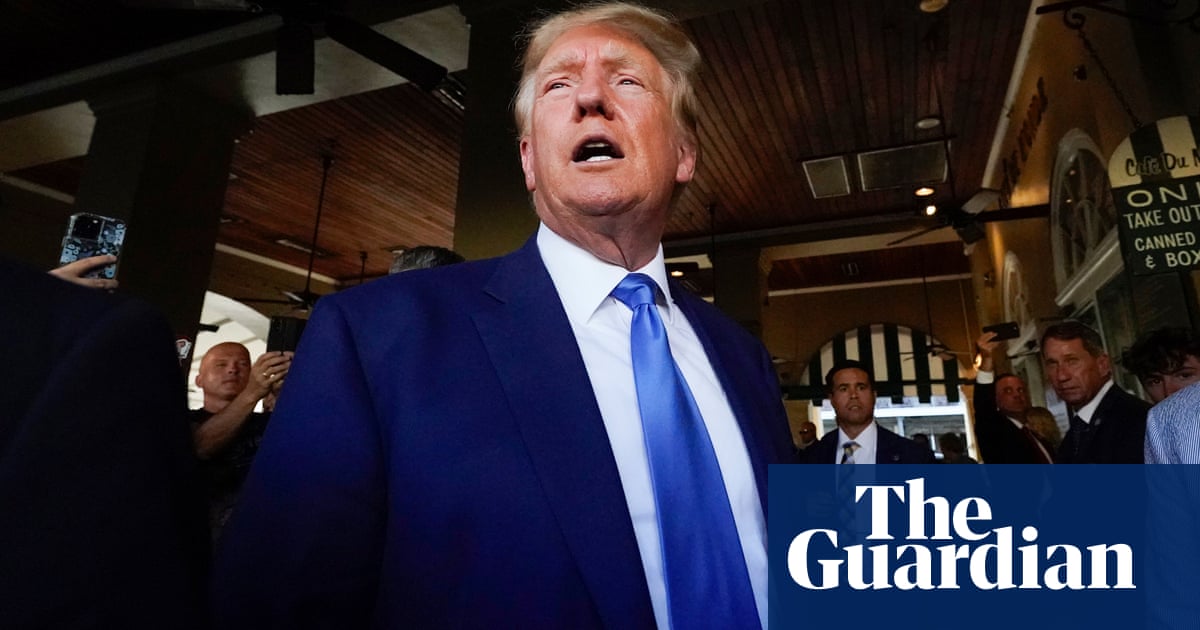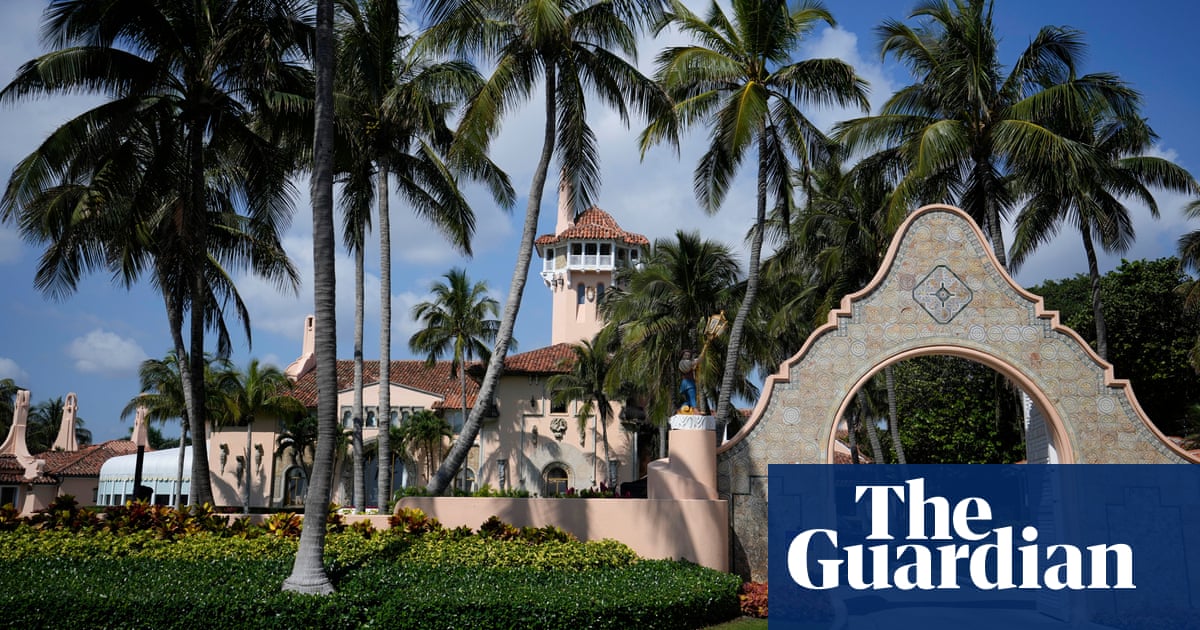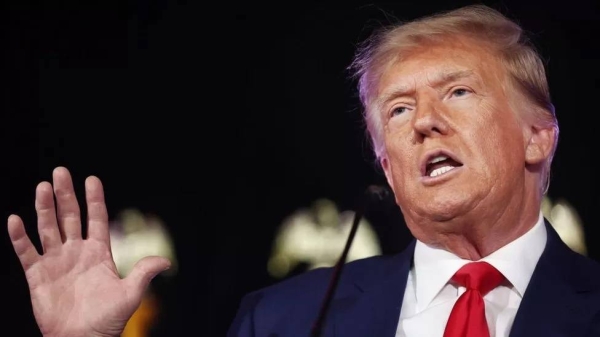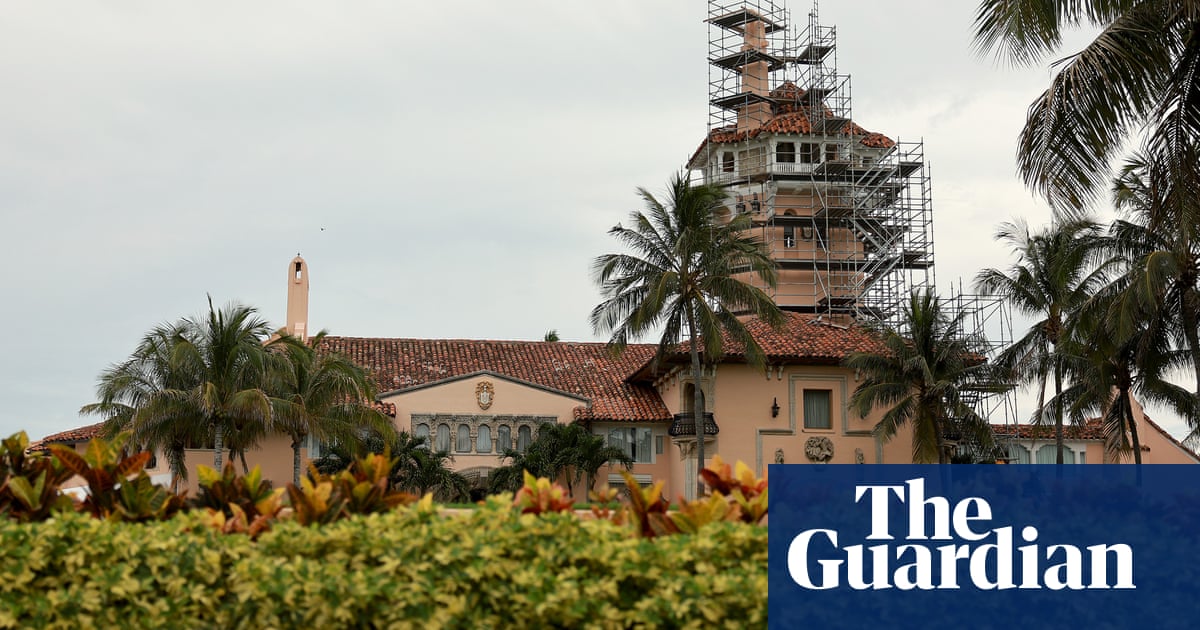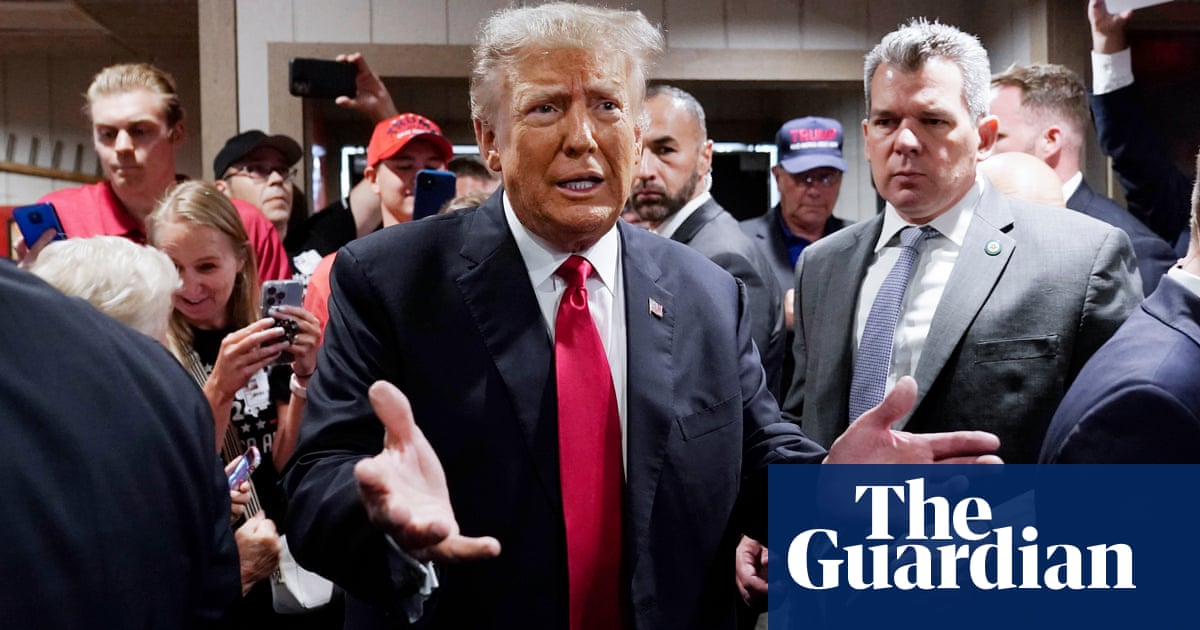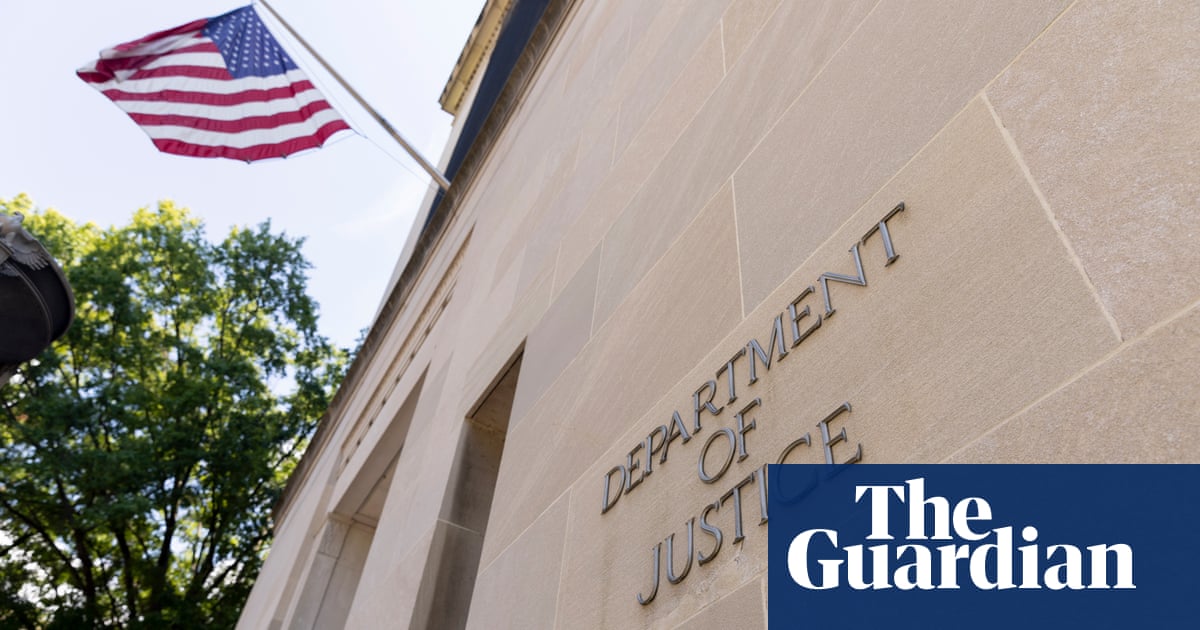
The lawyer for Donald Trump’s valet, under scrutiny in the Mar-a-Lago documents investigation, has submitted court papers describing a meeting at which a top federal prosecutor brought up his application to be a judge when they tried to gain the valet’s cooperation last year, according to three people familiar with the matter.
The allegation, described in a letter filed under seal with the chief US judge in Washington, James Boasberg, could affect the investigation just as prosecutors are considering whether to bring charges.
Even though prosecutors have no control over the success of judicial applications, the fact that it was raised in the context of trying to persuade a lawyer for a witness to recommend cooperating could give the appearance of coercion in one of the justice department’s most high-profile cases.
At issue is an incident that took place last year, around November, when prosecutors were trying to gain the cooperation of valet Walt Nauta, who has been under scrutiny because prosecutors suspected he helped the former president conceal classified documents that had been subpoenaed.
Nauta had already spoken to prosecutors in the investigation when they called his lawyer Stanley Woodward and summoned him to a meeting at justice department headquarters for an urgent matter that they were reluctant to discuss over the phone, the letter said.
When Woodward arrived at the conference room, he was seated across from several prosecutors working on the investigation, including the chief of the counterintelligence section, Jay Bratt, who explained that they wanted Nauta to cooperate with the government against Trump, the letter said.
Nauta should cooperate with the government because he had given potentially conflicting testimony that could result in a false statements charge, the prosecutors said according to the letter. Woodward is said to have demurred, disputing that Nauta had made false statements.
Bratt then turned to Woodward and remarked that he did not think that Woodward was a “Trump guy” and that “he would do the right thing”, before noting that he knew Woodward had submitted an application to be a judge at the superior court in Washington DC that was currently pending, the letter said.
The allegation, in essence, is that Bratt suggested Woodward’s judicial application might be considered more favorably if he and his client cooperated against Trump. The letter was filed after Trump’s lawyers submitted a motion on Monday seeking grand jury transcripts, because of what they viewed as potential misconduct.
The justice department’s characterization of the meeting is unclear – a spokesperson declined to comment – though a more innocent explanation for the exchange could be, for instance, that Bratt was genuinely surprised to see the application and raised it as an aside.
Prosecutors also regularly collect background information about lawyers they meet with, including prior interactions with the justice department and cases they have argued, and it is not unusual for them to make small talk with defense lawyers about other projects they are involved in.
The extent of any potential impact to the case is similarly unclear, since it does not appear to have directly affected any testimony Nauta gave to prosecutors, and Bratt would not have the ability to influence such an application, which is handled by the White House counsel’s office.
“Even if it’s true, it would not rise to the level of prosecutorial misconduct,” former US attorney Joyce Vance said. “Prosecutors don’t have any influence over judicial applications and all the parties to the conversation would have known that.”
But the exchange is said to have unnerved Woodward, who recounted the exchange to associates after leaving the meeting. He also promptly informed the justice department at the time they would have no further communications unless Nauta was getting charged or an immunity deal.
The development comes as prosecutors formally told Trump’s lawyers last week that the former president had been designated a “target” in the criminal investigation into his handling of national security information and obstruction of justice, the Guardian previously reported.
The move – the clearest sign yet that Trump is on course to be indicted – dramatically raises the stakes for Trump, as the investigation nears its conclusion after taking evidence before a grand jury in Washington and a previously unknown grand jury in Florida.
Trump’s lawyers were sent a “target letter” days before they met on Monday with the special counsel and the senior career official in the deputy attorney general’s office, where they asked prosecutors not to charge the former president in part because of potential misconduct.
The development comes as prosecutors have obtained evidence of criminal conduct occurring at Mar-a-Lago and decided that any indictments should be charged in the southern district of Florida, where the resort is located, rather than in Washington, according to people familiar with the matter.
To that end, prosecutors last month started issuing subpoenas to multiple Trump aides that compelled them to testify before a new grand jury in Florida, impaneled around the time that the grand jury in Washington stopped taking new evidence, the Guardian previously reported.




